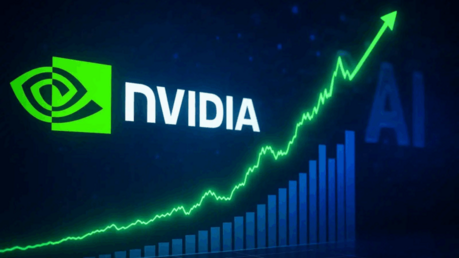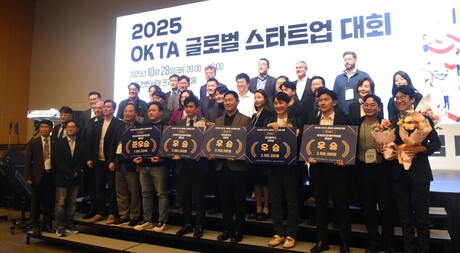
The race among global AI giants is intensifying in the field of research AI. Google recently introduced 'co-scientist', an AI agent designed to assist scientific research. This tool empowers AI to generate hypotheses, which are then evaluated by an AI-created virtual agent to pinpoint the optimal research path. By incorporating feedback from human researchers, AI refines its approach and devises detailed experimental strategies. Google emphasized that this signifies AI's direct involvement in the research process, going beyond mere data summarization and analysis. In a preliminary trial, this AI managed to derive the same hypothesis that took Stanford University and Imperial College London years of research in just a matter of days.
This month has witnessed a flurry of launches of research-oriented AI from prominent AI firms like Google, OpenAI, Perplexity, and xAI. User feedback has been overwhelmingly positive, with many expressing astonishment at the capabilities of these tools. Kevin Bryan, a professor at the University of Toronto, remarked that even a mediocre journal would likely publish a paper generated by AI in a single day. Within the research community, there are growing accounts of researchers utilizing Deep Research to finalize papers and submit them for publication in academic journals.
Research AI operates by processing user requests through an inference process that can last from a few minutes to several hours. It also stands out for its ability to engage in dialogue with researchers regarding the research direction, such as the study's objective or area of focus, and make adjustments accordingly. An AI industry insider commented that the Deep Seek shock, which initially sparked a price war among low-cost models, is now giving way to fierce competition in the realm of high-value-added models. They also anticipate that other major tech companies will soon follow suit by launching their own revenue-generating research AI products. OpenAI's Deep Research is currently available for a monthly subscription fee of $200.
Addressing Global Challenges Head-On
The advent of research AI has ignited a wave of optimism within the academic community, with many predicting a transformation of the traditional research paradigm that relies heavily on doctoral-level personnel. There is also a growing sense of anticipation that these tools could unlock new avenues for tackling some of humanity's most pressing challenges, such as extending human lifespan. Google's 'co-scientist', for instance, successfully generated a genetic analysis hypothesis, which previously took world-leading experts years to formulate, in just a few days. It also identified novel drug candidates in experiments aimed at treating acute leukemia. Subsequent experiments conducted by researchers confirmed that the AI-recommended drug effectively reduced the survival rate of cancer cells.
OpenAI's Deep Research managed to complete literature research for a paper, a task that typically requires weeks of work for doctoral-level researchers, in just 8 minutes. Moreover, the hypotheses put forth by this research AI garnered higher scores in terms of creativity and accuracy compared to conventional research methods.
However, concerns have also been raised about the potential drawbacks of increased reliance on AI in research. Some worry that it could lead to a decline in researchers' creative thinking and problem-solving skills. The issue of hallucinations, where AI generates inaccurate or nonsensical information, has not been fully resolved. Additionally, research AI's inability to access unpublished papers poses another limitation. There are also concerns that junior researchers could be replaced by AI, potentially harming the long-term health of the research ecosystem.
[Copyright (c) Global Economic Times. All Rights Reserved.]



























